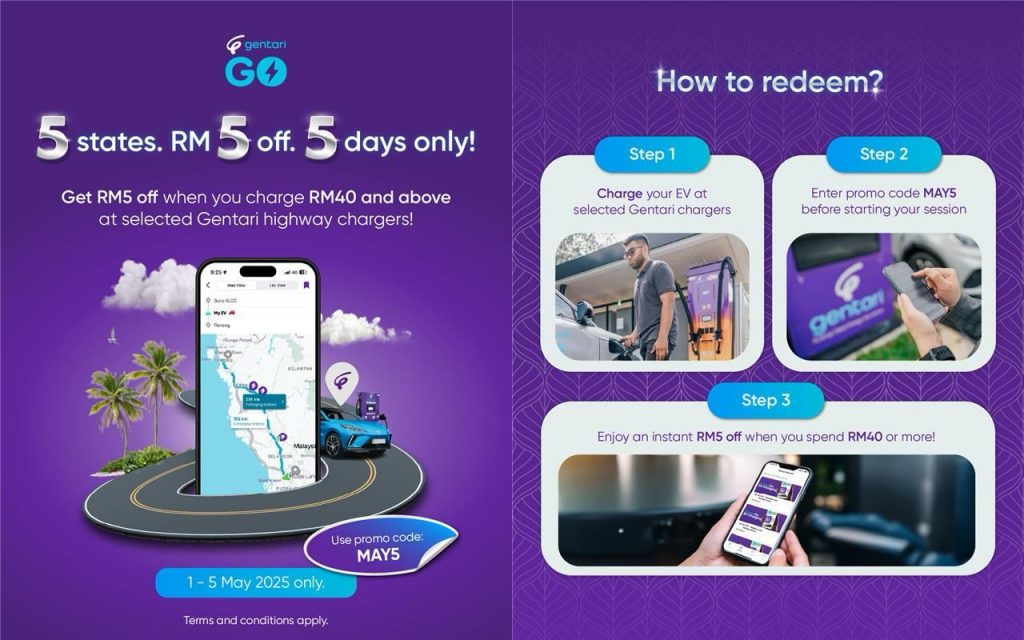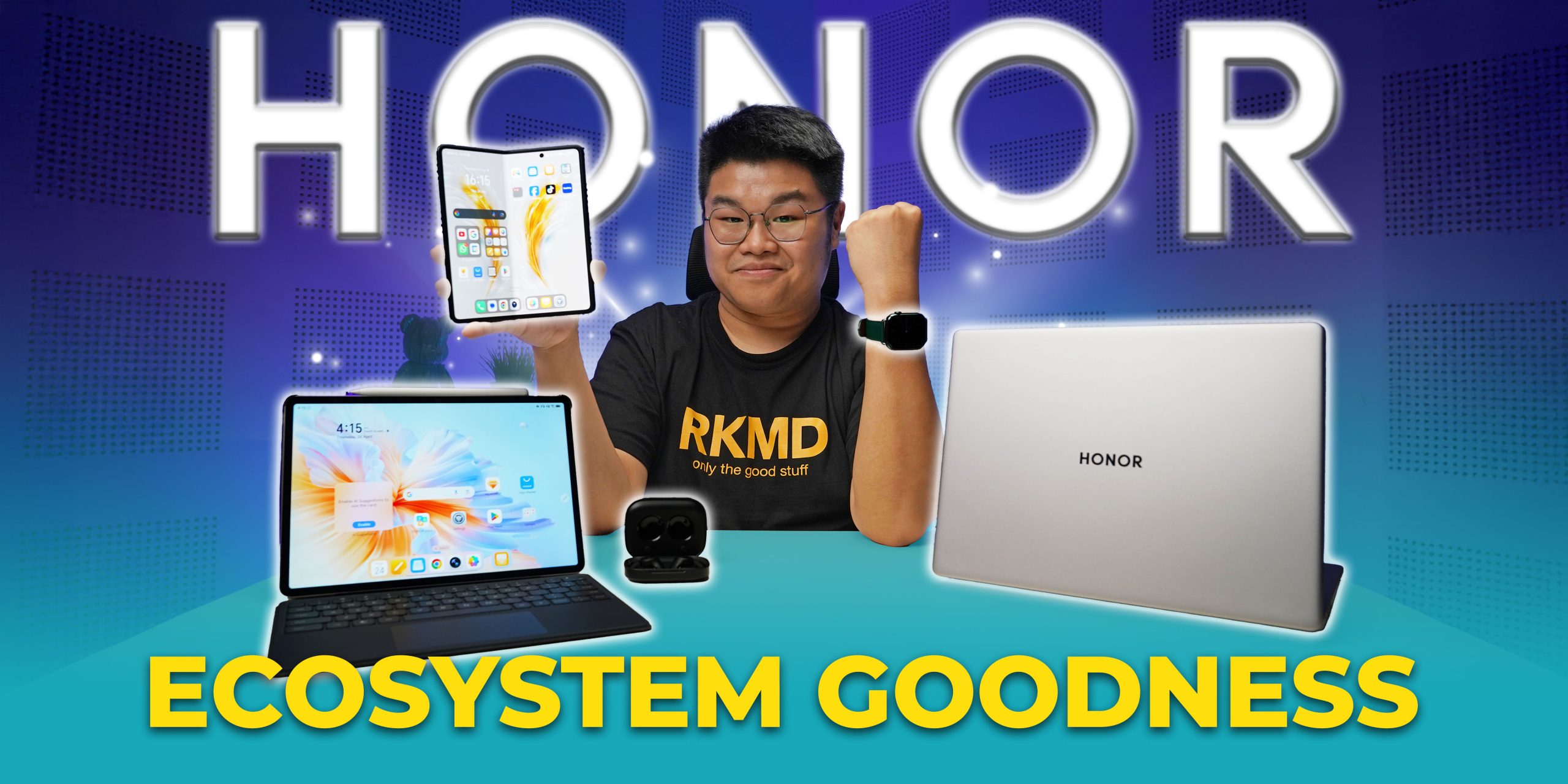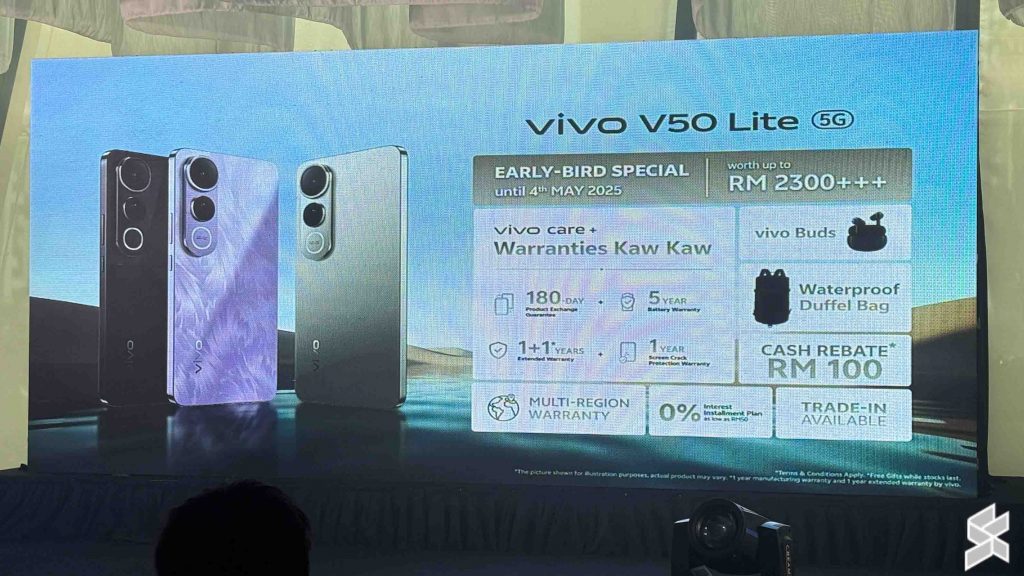Logitech today unveiled an XR stylus that comes as Meta Quest’s first third-party motion peripheral, targeting creatives working in both 2D and 3D media.
Called Logitech MX Ink, the spatially-tracked stylus supports Quest 2 and Quest 3, as well as “future headsets,” Logitech says. The company additionally confirmed it won’t support Quest Pro.
Logitech MX Ink is said to have a “natural pen-like feel and pressure-sensitive tip,” which allows users to create, annotate, and navigate in XR environments. The device allows the user to pair with Quest and use it interchangeably with Quest controllers too, making it effectively the first time Meta’s headset can support more than two paired controllers at a time.
When it ships in September, MX Ink will come with a dedicated stylus customization page in the updated Meta Settings UI, allowing users to adjust pressure curves for the nib and the primary buttons, initial activation force, and double tap timing.
To boot, MX Link includes haptic feedback, and is spatially tracked in 6DOF, boasting “low latency and high accuracy,” said to have similar tracking performance to the Quest controllers themselves.
In the box is a charging base designed to keep MX Ink charged and ready, however it also features a dedicated USB-C port so you can simply take the stylus when on the go. It also includes a pair of replaceable nibs, which allow the user to choose between a very fine nib as well as one larger nib.

The company has listed a number of compatible Quest apps, which include Adobe Substance Modeler, Gravity Sketch, PaintingVR, Arkio, Engage, OpenBrush, GestureVR, ShapesXR, and Elucis by RealizeMedical.
Logitech MX Ink is slated to launch in late September, and be priced at $130. A product page isn’t up yet, but it should be available closer to Meta Connect 2024, which is taking place September 25th-26th.







